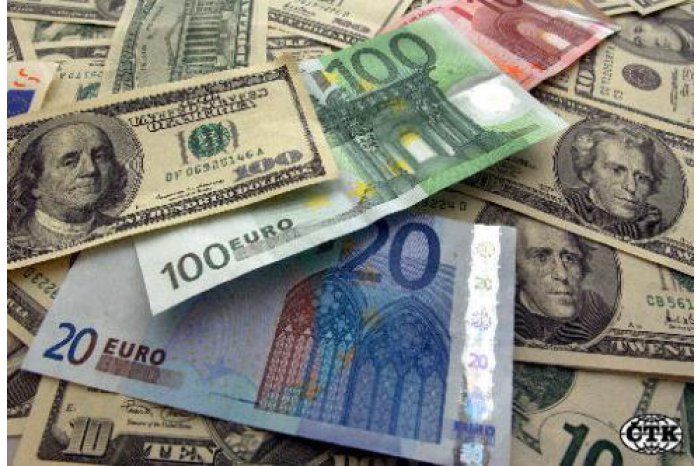Euro's appreciation against U.S. dollar in Moldova consequence of excessive reaction by top European bank - experts
14:53 | 04.12.2015 Category: Economic
Chisinau, 4 December /MOLDPRES/ - The appreciation of the euro against the U.S. dollar is temporary and represents an excessive reaction of investors, after the European Central Bank (ECB) on 3 December ruled to extend the programme on relaxation and cutting the interest on bank deposits, experts have told MOLDPRES.
"In last mid-October, the euro entered a tendency of depreciation against the dollar. Thus, while on 15 October, the quotation sood at 1.15 euros against the dollar, on 3 December, one euro was equal to 1.055 dollars. After ECB had decided to reduce the deposit rate by one tenth of percent, to stimulate inflation and economic growth, the exchange rate reached 1.092 dollars for one euro on 4 December; yet, it is significantly lower than one month and a half ago," an expert at the Viitorul (Future) Institute, Sergiu Gaibu, said.
Gaibu also said that, after the investors' excessive reaction had calmed down, the euro's exchange rate against the dollar was continuously dropping. "Anyway, the market's expectations are worse for the European single currency than for the dollar," Sergiu Gaibu added.
After reaching the maximal level of 1.097 dollars for one euro, the rate decreased to 1.087 by 4 December at noon, although the market is pretty volatile. Sergiu Gaibu described as "quite strange" an announcement by the National Bank of Moldova (BNM) saying that the euro might significantly appreciate against the Moldovan leu on the next days.
"The euro-dollar parity will be reached quite soon. A weak economy, budgetary austerity, resulting in money massively leaving the euro zone, are the basic ingredients for a continuous depreciation of the European single currency," economist Veaceslav Ionita said.
The European Central bank on 3 December ruled to decrease the interest rate on deposits to minus 0.3 per cent and maintain the principal rate of monetary policy and the crediting rate to 0.05 per cent, and respectively, 0.3 per cent. Also, the quantitative relaxation programme of 1,100 billion euros was extended from next September till March 2017, with possibility to prolong this term.
BNM data shows that, on 15 October, when a higher appreciation of the euro was recorded, the official exchange rate was of 22.3603 lei for one euro, which dropped to 21.1188 lei on 3 December.
(Reporter. V. Bercu, editor L. Alcaza)

